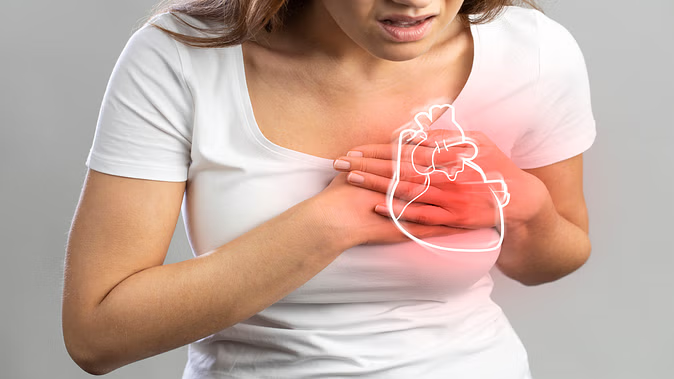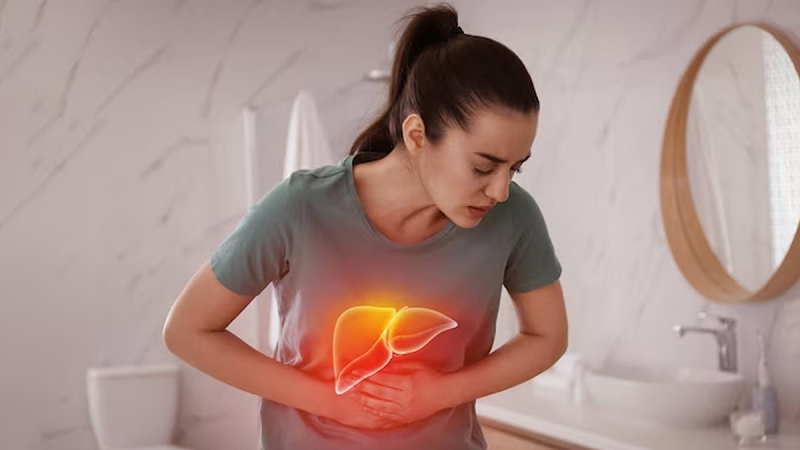There can be many reasons for increased heartbeat. Sometimes you may feel an increased heartbeat due to emotions like great happiness, anger, or fear. This is also normal, however, if your heartbeat often increases then it is necessary to take this kind of problem seriously. The condition of uncontrolled heartbeat is known as arrhythmia in medical language.

Experts say that when you are sitting comfortably or lying down, the heartbeat rate should be between 60 to 100 beats per minute. Except for emotional situations like happiness and sadness, if the heartbeat remains less or more than this, then it is considered a sign of irregularity. If your heartbeat remains increased in a state of rest, then it can be a dangerous sign for health, which needs to be diagnosed and treated on time.
Know about the problem of arrhythmia
The problem of irregular heartbeat is known as arrhythmia in medical terms. Due to this problem, your heart can beat very fast, very slowly, or at an irregular speed. Although it is normal for the heart rate to be fast during physical activities like sports exercise and slow while resting or sleeping. But its frequent increase or decrease can be problematic. People suffering from arrhythmia have a higher risk of life-threatening problems like cardiac arrest.
What are the symptoms of arrhythmia?
The condition of arrhythmia can sometimes occur without any serious symptoms. In many cases, it happens that you are undergoing treatment for some other disease, and while examining the doctor finds an irregular heartbeat. At the same time, some people may also have some problems due to irregular heartbeat, based on which the problem is diagnosed.
Feeling uneasy in the chest.
Very fast heartbeat (tachycardia)
Slow heartbeat (bradycardia)
Chest difficulty in breathing

Risk of arrhythmia
If you feel that your heart is beating very fast or very slowly or sometimes it stops for a few seconds, then definitely consult a doctor. If you are also having problems like difficulty breathing, weakness, dizziness, fainting, and chest pain, then serious attention should be given to this.
It is common for such problems to occur due to problems in the heart vessels. Narrowing of heart arteries and any problem in the heart valve also increases the risk of arrhythmia.
How to treat and prevent arrhythmia?
Depending on the reason for arrhythmia, it is treated through medicines and if necessary, therapy. People who have a consistently low heartbeat may also need to undergo surgery and get a pacemaker installed. Doctors say that by maintaining a healthy lifestyle and diet, such problems can be avoided.
A diet that keeps the heart healthy, being physically active like regular yoga and exercise, keeping weight under control, and keeping away from smoking and alcohol can be helpful for you in this.
(PC: ISTOCK)










